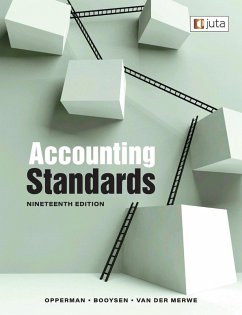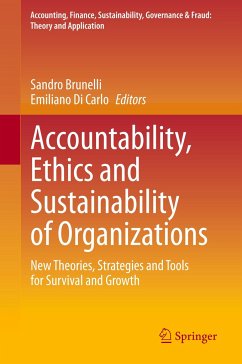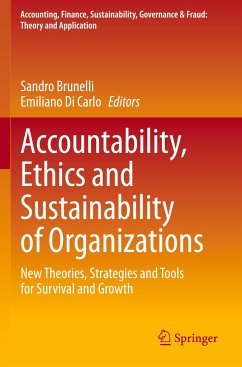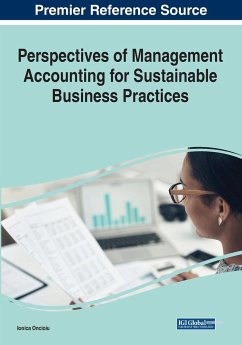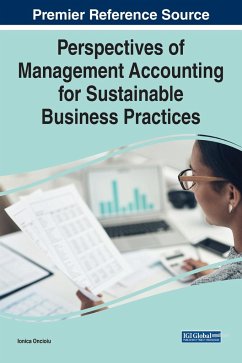Nicht lieferbar
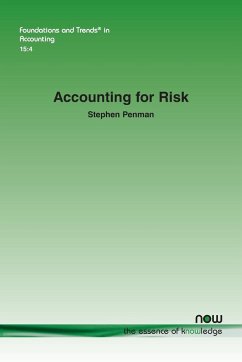
Accounting for Risk
Versandkostenfrei!
Nicht lieferbar
Accounting for Risk is about using accounting information to assess risk and the required return for bearing that risk. The focus is on investing in firms and the equity claims on firms: How much should an investor discount the price of a share in a firm for risk, and how can accounting information help to answer that question? That discount is variously called the required return, the expected return, or the cost of capital. The monograph links two strands of research - the first is accounting-based valuation research where value is assessed from expected cash flows, earnings, or residual ear...
Accounting for Risk is about using accounting information to assess risk and the required return for bearing that risk. The focus is on investing in firms and the equity claims on firms: How much should an investor discount the price of a share in a firm for risk, and how can accounting information help to answer that question? That discount is variously called the required return, the expected return, or the cost of capital. The monograph links two strands of research - the first is accounting-based valuation research where value is assessed from expected cash flows, earnings, or residual earnings. The focus has been on forecasting those payoffs however forecasting payoffs is only one part of valuation. The other issue is how those expected payoffs should be discounted for risk. This monograph engages the question whether accounting information aid in the determination of risk and the discount rate? The second strand of research is asset pricing. While "asset pricing" might suggest this research is involved in determining prices, it is actually in pursuit of the required return to investing - the risk discount to price. Can accounting information about risk and return be utilized in building operational pricing models? Accounting for Risk also enhances financial statement analysis. While traditional financial statement analysis-ratio analysis-was conducted without much reference to finance theory, modern financial statement analysis derives from accounting-based valuation models that are based on the no-arbitrage theory on the pricing of expected dividends. That brings accounting and finance closer together. The key is an understanding of the accounting principles underlying the recognition and measurement in the financial statements. This requires an appreciation of how accounting handles risk, thereby generating accounting numbers that convey information about risk and expected return.






